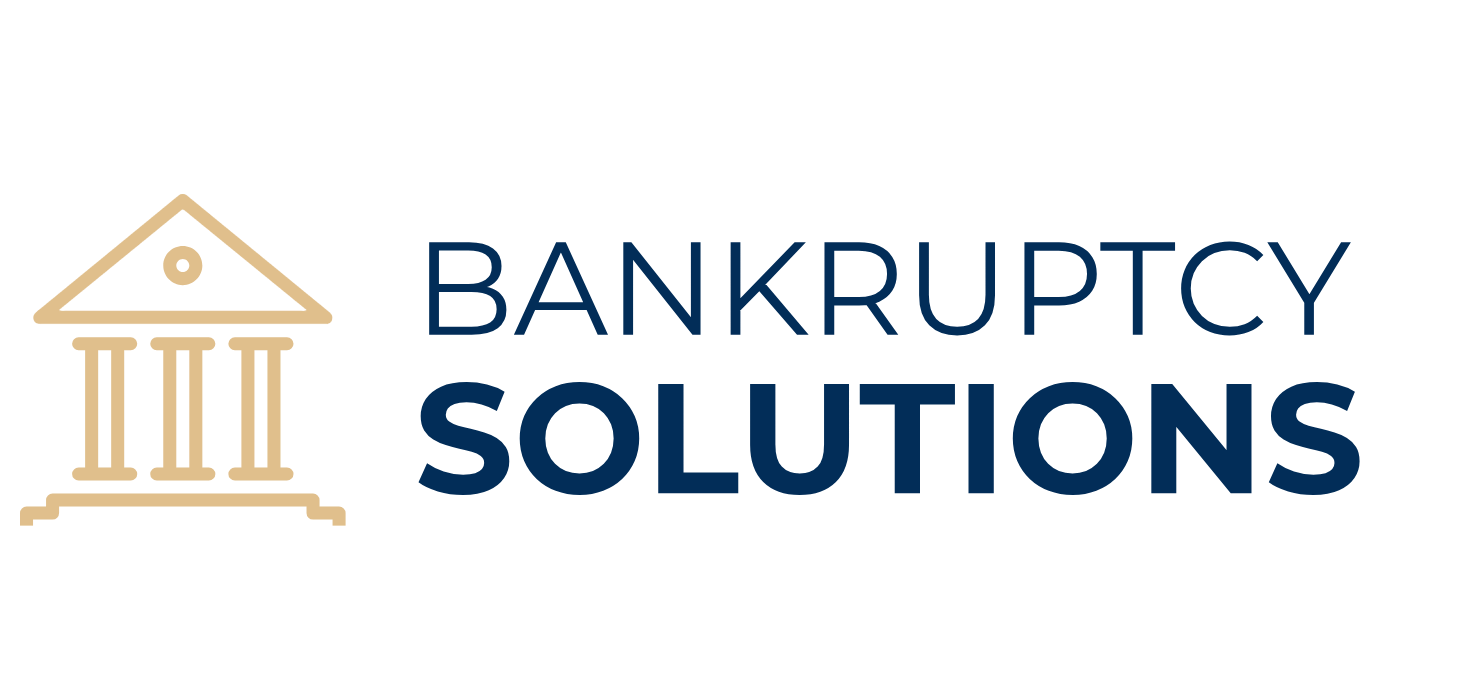Filing for bankruptcy is a significant financial decision that can help individuals or businesses find relief from overwhelming debt. One common question is whether you can file for bankruptcy without an attorney. While it’s legally possible, there are several factors to consider before deciding to navigate the bankruptcy process on your own.
When Do I Need to File Without a Lawyer?
There are situations where filing for bankruptcy without a lawyer (also known as “pro se” filing) might be considered:
- Simple Financial Situations: If your financial situation is straightforward, with few assets and uncomplicated debts, filing without an attorney might be feasible.
- Cost Constraints: If you cannot afford attorney fees, you might consider filing on your own to save money.
- Familiarity with Legal Processes: If you have experience with legal documentation and court procedures, you might feel confident handling your own bankruptcy case.
When Is it a Bad Idea to File Bankruptcy Without an Attorney?
Filing for bankruptcy without legal assistance is not advisable in many cases due to the complexity of the process. Here are scenarios when it’s a bad idea to file without an attorney:
- Complex Financial Situations: If you have a significant amount of assets, multiple sources of income, or complex debts, the guidance of an attorney is crucial.
- Risk of Errors: The bankruptcy process involves detailed paperwork and strict deadlines. Errors can lead to dismissal of your case or loss of property that could have been protected.
- Legal Nuances: Understanding exemptions, dischargeable debts, and the implications of different bankruptcy chapters requires legal expertise. An attorney can help you navigate these nuances.
- Creditor Challenges: If creditors challenge your bankruptcy or if there are disputes, legal representation is essential to protect your rights.
How to File Bankruptcy Without a Lawyer
If you decide to file for bankruptcy without an attorney, here are the steps you need to follow:
- Credit Counseling: Complete a credit counseling course from an approved agency. This is a mandatory step before filing.
- Choose the Right Bankruptcy Chapter: Decide whether Chapter 7 or Chapter 13 bankruptcy is appropriate for your situation. Chapter 7 involves liquidation of assets, while Chapter 13 allows for debt repayment plans.
- Gather Financial Documents: Collect all necessary financial documents, including income statements, tax returns, bank statements, and a list of debts and assets.
- Complete Bankruptcy Forms: Fill out the required bankruptcy forms, which can be found on the U.S. Courts website. Ensure all information is accurate and complete.
- File Your Petition: Submit your completed forms to the bankruptcy court in your jurisdiction. There is a filing fee, but you can apply for a fee waiver if you cannot afford it.
- Attend the Meeting of Creditors: Participate in the 341 meeting, where the bankruptcy trustee and creditors can ask questions about your financial situation.
- Complete Debtor Education: After filing, complete a debtor education course from an approved provider. This is required to receive your bankruptcy discharge.
How Hard Is It To File for Bankruptcy on Your Own?
Filing for bankruptcy on your own can be challenging due to the intricate requirements and potential for mistakes. The process involves detailed paperwork, understanding legal jargon, and adhering to strict deadlines. Even minor errors can result in significant setbacks, such as case dismissal or loss of asset protection. For those unfamiliar with legal processes, the complexity can be overwhelming.
Can You File if You Have No Money?
Yes, you can file for bankruptcy even if you have no money. If you cannot afford the filing fees, you can apply for a fee waiver or request to pay the fees in installments. Additionally, if you cannot afford attorney fees, filing pro se might be your only option. However, it’s important to carefully consider the potential risks and complexities involved in filing without professional legal assistance.
While it is legally possible to file for bankruptcy without an attorney, it is often not advisable due to the complexities and potential pitfalls of the process. For those with simple financial situations and some legal savvy, filing pro se can be a viable option. However, for most individuals, especially those with complex financial situations, the guidance of a bankruptcy attorney is invaluable. It ensures that the process is handled correctly and that your rights and assets are protected. If you choose to file on your own, thorough preparation and a clear understanding of the legal requirements are essential for a successful outcome.

